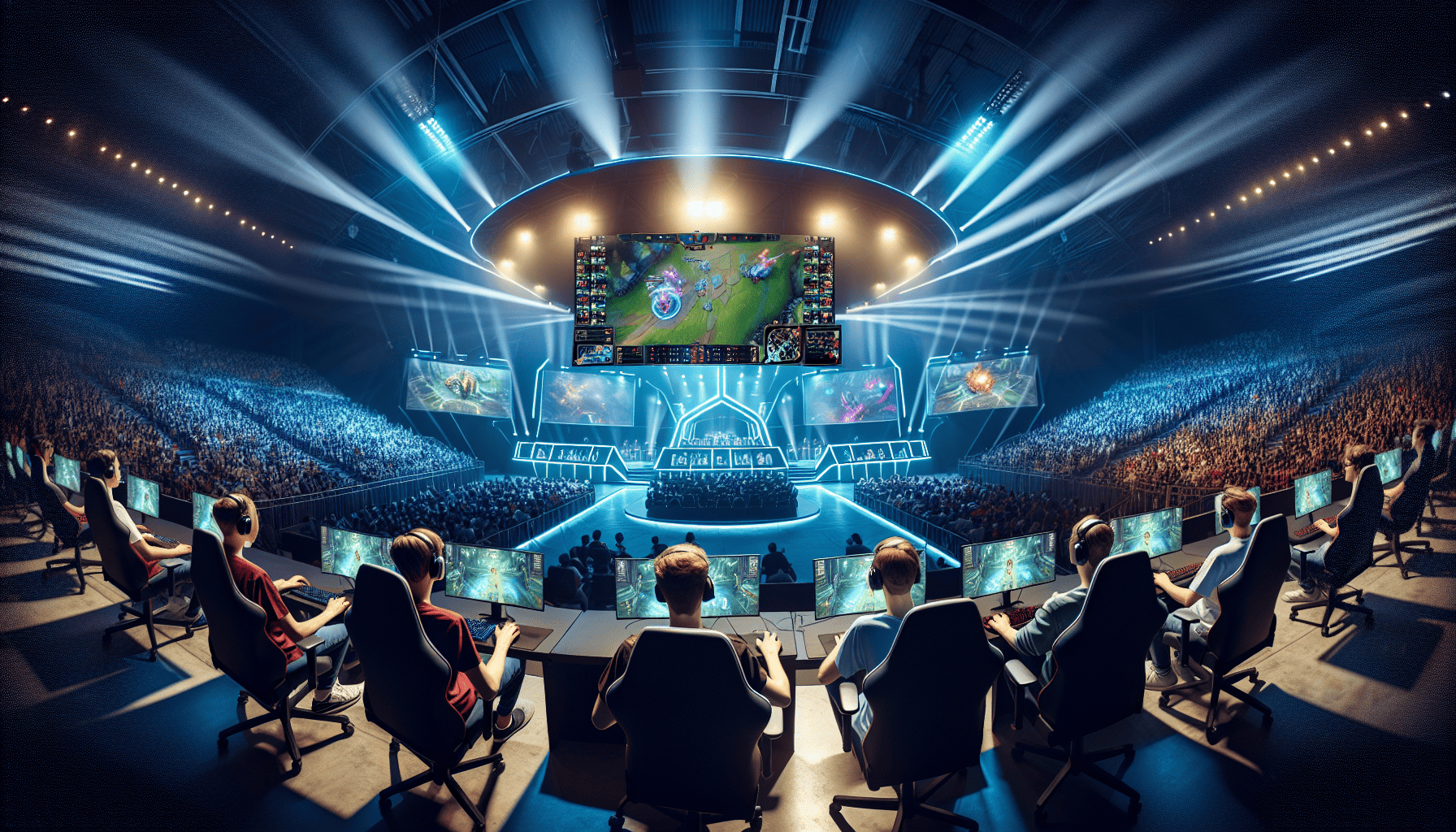The eSports industry has swiftly transitioned from niche entertainment to mainstream phenomenon, captivating millions across the globe. As we look to the year 2024, this digital revolution in competitive gaming shows no signs of slowing down, with trends indicating unprecedented growth and innovation in the sector.
One of the most significant enhancements in 2024 is the broadening appeal of eSports across diverse demographics. While traditionally dominated by younger audiences, recent years have seen a surge in interest from older age groups and casual gamers. This diversification is driven in part by inclusive game designs and more approachable competitive formats, inviting a wider array of participants and viewers. As the stigma surrounding gaming diminishes, mainstream media continues to normalize eSports, further cementing its place in popular culture.
Technological advancements have also played a pivotal role in propelling eSports forward. The proliferation of 5G networks and high-performance cloud gaming services have eliminated many barriers to entry, offering seamless, high-quality gaming experiences accessible virtually anywhere. This technological evolution has enabled new gaming formats that leverage virtual and augmented reality, offering dynamic and immersive experiences that captivate audiences and enhance player engagement.
Monetization and business models within eSports have become more sophisticated as well. Sponsorship and advertising remain integral, but developers and teams are exploring additional revenue streams such as live events, exclusive content, merchandise, and fan engagement platforms. The integration of blockchain technology and non-fungible tokens (NFTs) into eSports has unlocked new possibilities for digital collectibles and fan interaction, providing unique opportunities for both creators and consumers.
The competitive gaming ecosystem itself is diversifying. Traditional eSports titles continue to thrive, but there is a growing emphasis on mobile eSports, an area experiencing exponential growth due to the ubiquity of smartphones. Games specifically designed for mobile platforms are seeing increased investment from developers, with tournaments attracting massive audiences and generating significant prize pools. This shift toward mobile is democratizing eSports, allowing participation in competitive gaming from previously untapped regions and communities.
Education and eSports have begun to intersect meaningfully, with institutions recognizing the potential for integrating gaming into academic curriculums. Universities and schools are establishing eSports programs, offering scholarships and fostering skills that translate to real-world job opportunities in game design, programming, and digital media. This educational embrace legitimizes eSports as a viable career path while also addressing the growing demand for skilled professionals in the gaming industry.
Furthermore, 2024 is witnessing the reinforcement of eSports' social impact. Initiatives focusing on mental health awareness, diversity, and inclusion within gaming communities are gaining traction, emphasizing the importance of fostering positive environments. Collaborative efforts among industry leaders aim to address toxic behaviors and support underrepresented groups, highlighting eSports as a platform for positive change.
As the eSports industry continues to evolve, it will be crucial for stakeholders to maintain the delicate balance between commercialization and community integrity. Ensuring fair play, safeguarding player welfare, and prioritizing ethical practices will be vital in sustaining the trust and loyalty of the rapidly expanding global fan base.
In conclusion, 2024 promises an exciting chapter in the ongoing narrative of eSports. With advancements in technology, a broadening fan base, innovative monetization strategies, and a deepening connection to education and social causes, eSports is poised not only to thrive but to redefine entertainment in the digital age. The rise of eSports is a testament to the power of technology and community in shaping the future of sports and digital interaction.
